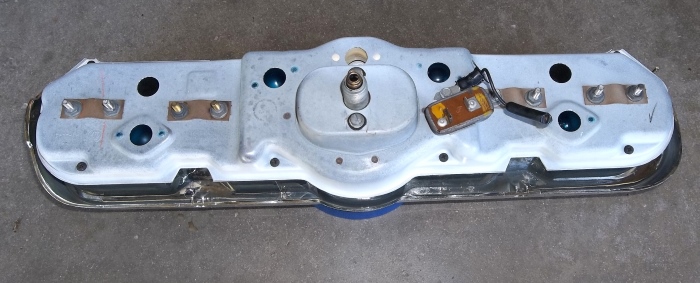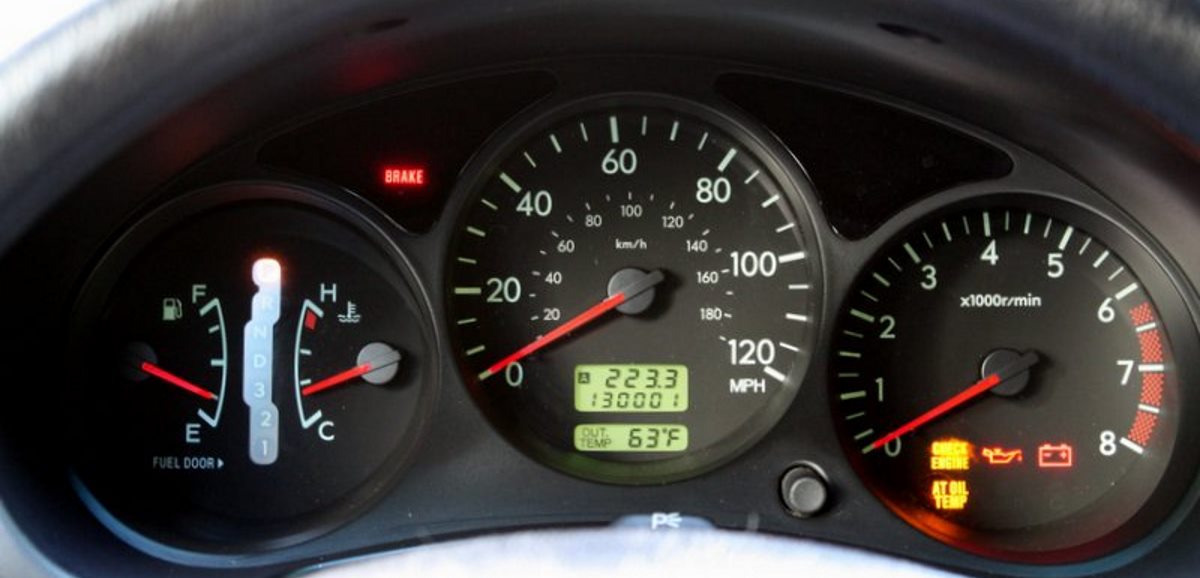What does the instrument voltage regulator do?

You know how you’re zipping down Normandy Ave or maybe doing the stop-start crawl down Te Rapa Straight in that Toyota Aqua, and you actually want to know if your speedo is telling the truth? Or, you’re watching the fuel gauge (will you make it to Ngaruawahia or should you ditch into the next Z station)? Your car’s instrument cluster – all those little dials and gauges – needs a steady dose of volts to work properly. That’s where the instrument voltage regulator steps in.
Most cars on the road in Hamilton – whether it’s an old-school Mazda Demio, a VW Passat, a Honda Odyssey, or even the odd SsangYong or Peugeot – all rely on this little gadget. Sensors from all around the car tell your onboard computer what’s happening, and then the voltage regulator makes sure your dash is getting the right power. Not too much, not too little. Just right, even when you’re bouncing around sodden potholes in Dinsdale or crawling over that brutal speed bump in Rototuna on a frosty morning.
Problem is, when these regulators pack it in (which isn’t often, thank goodness!), stuff goes weird. Wobbly speedo. Rev counter all over the shop. Temp gauge jumping like a spooked rabbit. Sometimes, all your dash lights go dim or flicker – we see it heaps more on wet winter mornings. If your speedometer plays up or goes dead, your car’s not safe to be driving, and you can fail your WOF for it too. Easy to overlook when things are busy, but it’s not worth the risk.
What are the warning signs?
Couple of things we see in the workshop – usually when someone drops by from Whatawhata, Gordonton, or even Cambridge:
- Gauges acting drunk: Speedo, tacho, fuel, temp – they’re all over the place or just stop dead. Had a lady bring in a Nissan Qashqai last week where the fuel gauge reckoned she was full, but the tank was bone dry.
- Dash lights flickering or going dim: If your cluster/backlight is strobing while you’re hitting bumps on Avalon Drive, that’s a big red flag.
- All instruments dead: Sometimes you get in, turn the key, and everything’s as dead as last night’s fish ‘n’ chips in Frankton. That’s often a regulator or sometimes a wiring gremlin, not always the actual cluster itself.
- Other electrics misbehaving: Believe it or not, an unstable regulator can cause your radio, power windows or other bits to start acting odd because the voltage all over the car is up the whop.
If it’s just one gauge out (like your Corolla’s engine temp but everything else is sweet), chances are you’ve got a dodgy sensor or maybe a broken wire, not the whole regulator. But when the whole dash gets weird? That’s when we reckon it’s time to look at the voltage regulator.
Why do instrument voltage regulators pack up?
- Age and wear: Like everything, after years of those Hamilton winters, dusty dry summers, and the odd water crossing after a downpour, parts get tired. Stuff just stops working eventually.
- Electrical drama: Had a Mitsubishi Outlander where a crook alternator burned out half the stuff on the dash. If your battery or alternator is on its way out, it can hammer the regulator too.
- Dodgy wiring/connections: We get cars from Tamahere or Horotiu with connectors all green and furry, or a wire barely hanging on. Bad earth or corroded plug? That’ll play havoc with voltage and confuse the whole dash.
Instrument Voltage Regulator Replacement (Hamilton & nearby)
Look, if your dash is mucking about and you can’t see your speed, fuel, or temp, get it sorted ASAP. Not worth copping a fine or – worse – getting stranded in the rain at The Base. Here at Grimmer Motors, our techs see this all the time, no matter if you roll in with a Kia, a Citroen, or your trusty old Hilux. We’ll diagnose it quick, find the proper replacement (not just slapping any old thing in there), and get you back on the road, safe as houses.
Heads up – we don’t usually just sell the part off the shelf, because it’s way too easy to end up with the wrong fix that way. Bring your ute, hybrid, wagon or people-mover in, and we’ll suss the actual problem, sort parts, and fit them so you don’t have to muck around twice.

